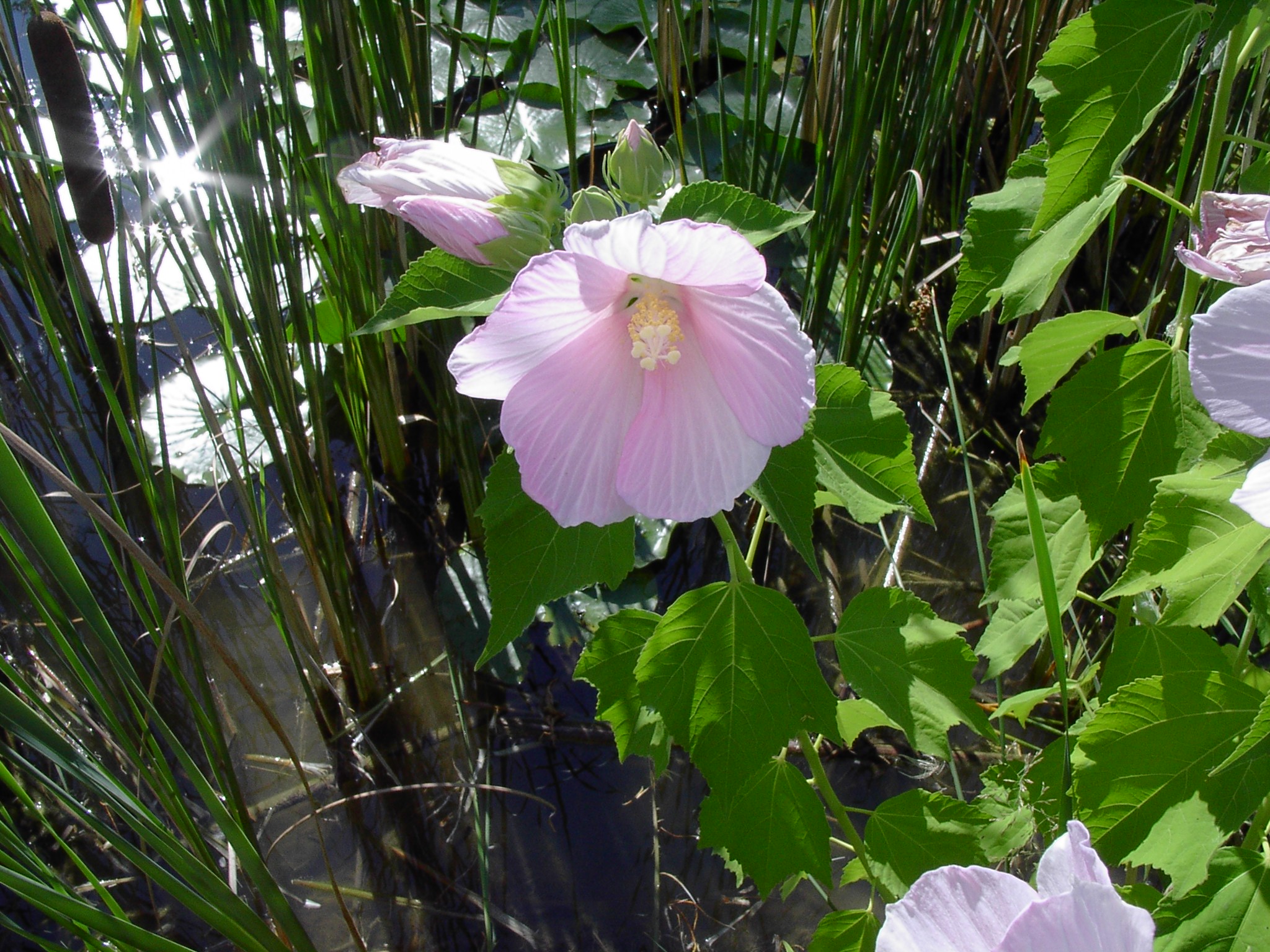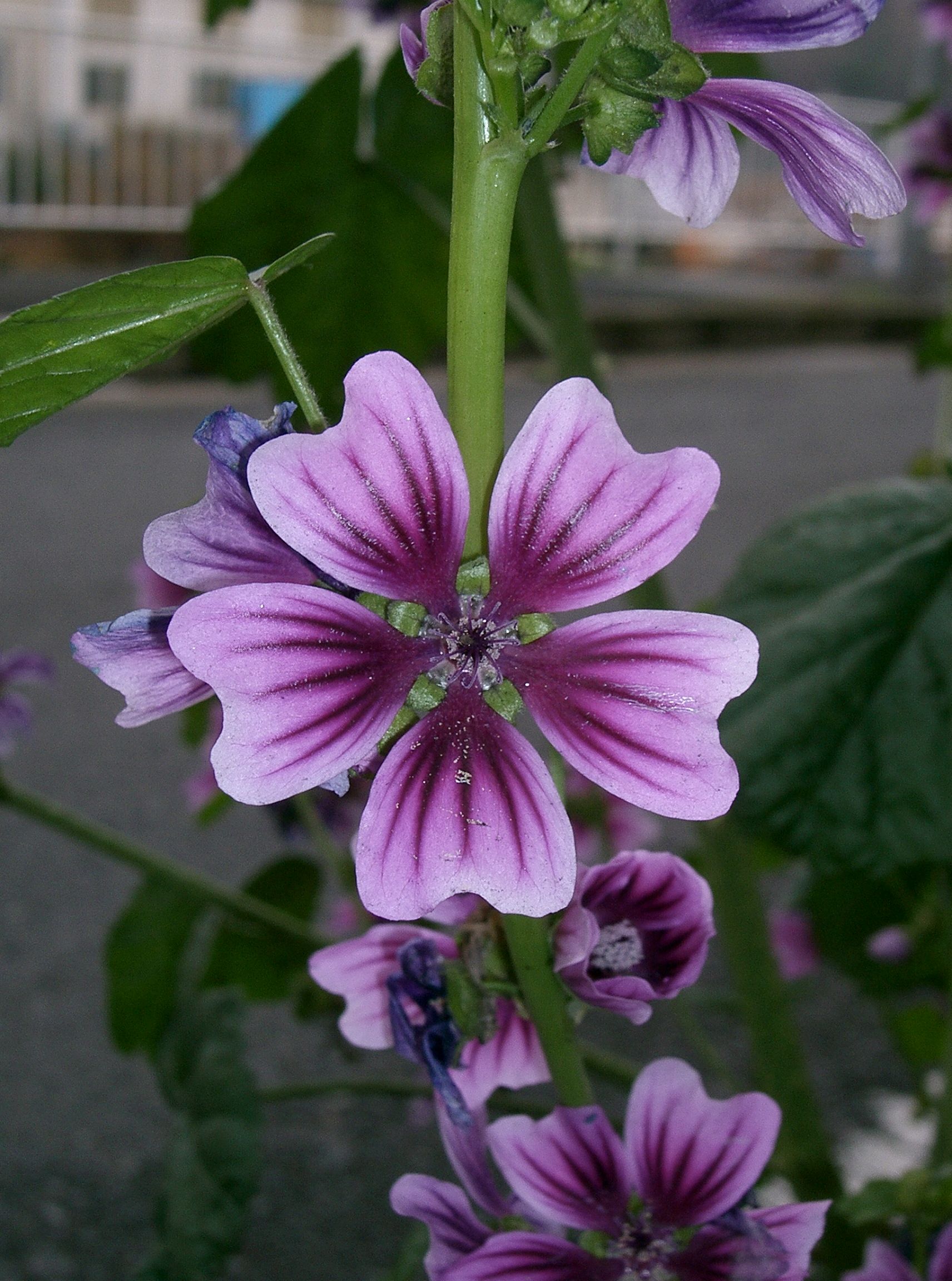|
Paramelhania Decaryana
''Paramelhania'' is a genus of flowering plants belonging to the family Malvaceae Malvaceae, or the mallows, is a family of flowering plants estimated to contain 244 genera with 4225 known species. Well-known members of economic importance include okra, cotton, cacao and durian. There are also some genera containing familiar .... Its native range is Madagascar. Species Species: * ''Paramelhania decaryana'' Arènes References {{Taxonbar, from=Q9055416 Dombeyoideae Malvaceae genera Endemic flora of Madagascar ... [...More Info...] [...Related Items...] OR: [Wikipedia] [Google] [Baidu] |
Flowering Plant
Flowering plants are plants that bear flowers and fruits, and form the clade Angiospermae (), commonly called angiosperms. The term "angiosperm" is derived from the Greek words ('container, vessel') and ('seed'), and refers to those plants that produce their seeds enclosed within a fruit. They are by far the most diverse group of land plants with 64 orders, 416 families, approximately 13,000 known genera and 300,000 known species. Angiosperms were formerly called Magnoliophyta (). Like gymnosperms, angiosperms are seed-producing plants. They are distinguished from gymnosperms by characteristics including flowers, endosperm within their seeds, and the production of fruits that contain the seeds. The ancestors of flowering plants diverged from the common ancestor of all living gymnosperms before the end of the Carboniferous, over 300 million years ago. The closest fossil relatives of flowering plants are uncertain and contentious. The earliest angiosperm fossils ar ... [...More Info...] [...Related Items...] OR: [Wikipedia] [Google] [Baidu] |
Malvaceae
Malvaceae, or the mallows, is a family of flowering plants estimated to contain 244 genera with 4225 known species. Well-known members of economic importance include okra, cotton, cacao and durian. There are also some genera containing familiar ornamentals, such as ''Alcea'' (hollyhock), ''Malva'' (mallow), and '' Tilia'' (lime or linden tree). The largest genera in terms of number of species include ''Hibiscus'' (300 species), ''Sterculia'' (250 species), '' Dombeya'' (250 species), '' Pavonia'' (200 species) and '' Sida'' (200 species). Taxonomy and nomenclature The circumscription of the Malvaceae is controversial. The traditional Malvaceae '' sensu stricto'' comprise a very homogeneous and cladistically monophyletic group. Another major circumscription, Malvaceae ''sensu lato'', has been more recently defined on the basis that genetics studies have shown the commonly recognised families Bombacaceae, Tiliaceae, and Sterculiaceae, which have always been considered closely ... [...More Info...] [...Related Items...] OR: [Wikipedia] [Google] [Baidu] |
Dombeyoideae
Dombeyoideae is a widely distributed subfamily of the Malvaceae, as proposed by the APG. Most of the plants placed here were once assembled with more or less related genera in the paraphyletic Sterculiaceae; a lesser number were placed in the Tiliaceae which were also not monophyletic. The Dombeyoideae were originally described by Carl Beilschmied in 1833. In the present delimitation, they contain roughly 20 genera with about 380 species, some 60% of which are in ''Dombeya'' (one of the most speciose genera of Malvaceae). They grow in the Old World tropics, especially Madagascar and the Mascarenes where about two-thirds of the species occur. In the Mascarenes, they are among the most diverse angiosperm groups, analogous to such (unrelated) plants as the aeoniums on the Canary Islands or the silversword alliance of the Hawaiian Islands. The subfamily is sometimes further divided into tribes (Corchoropsideae, Dombeyeae, Eriolaeneae, Helmiopsideae), but this is more often c ... [...More Info...] [...Related Items...] OR: [Wikipedia] [Google] [Baidu] |
Malvaceae Genera
Malvaceae, or the mallows, is a family of flowering plants estimated to contain 244 genera with 4225 known species. Well-known members of economic importance include okra, cotton, cacao and durian. There are also some genera containing familiar ornamentals, such as ''Alcea'' (hollyhock), ''Malva'' (mallow), and '' Tilia'' (lime or linden tree). The largest genera in terms of number of species include ''Hibiscus'' (300 species), ''Sterculia'' (250 species), ''Dombeya'' (250 species), '' Pavonia'' (200 species) and '' Sida'' (200 species). Taxonomy and nomenclature The circumscription of the Malvaceae is controversial. The traditional Malvaceae '' sensu stricto'' comprise a very homogeneous and cladistically monophyletic group. Another major circumscription, Malvaceae ''sensu lato'', has been more recently defined on the basis that genetics studies have shown the commonly recognised families Bombacaceae, Tiliaceae, and Sterculiaceae, which have always been considered closely al ... [...More Info...] [...Related Items...] OR: [Wikipedia] [Google] [Baidu] |

